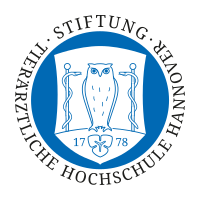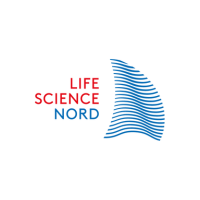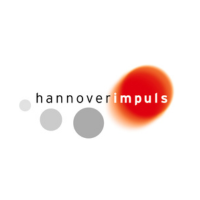Members & partners
COLLABORATION WITHIN THE NETWORK
TRAIN is an interdisciplinary alliance in which the infrastructures and researchers of eleven partner institutions are closely interconnected. Through the Translational Alliance, the partners pool their expertise in mathematics, biology, chemistry, pharmacy, medicine, veterinary medicine, and computer science. Not all partner institutions are involved in every aspect of TRAIN, but the alliance as a whole covers the entire value chain for new diagnostics, therapies, and preventive measures in medicine – including the qualification of researchers.

The Fraunhofer Institute for Toxicology and Experimental Medicine ITEM is one of around 70 institutions of the Fraunhofer Society, Europe’s leading organization for applied research. Human health is at the center of ITEM’s research, with a focus on the respiratory tract and lungs. The aim is to protect health from potentially harmful, especially airborne substances – whether gases, aerosols, particles, fibers, or nanomaterials. ITEM also researches and develops new diagnostic and therapeutic approaches for inflammatory and allergic lung diseases at both the preclinical and clinical levels. Additionally, it works in fields such as biopharmaceutical development and production, cancer therapy, and translational medical technology.
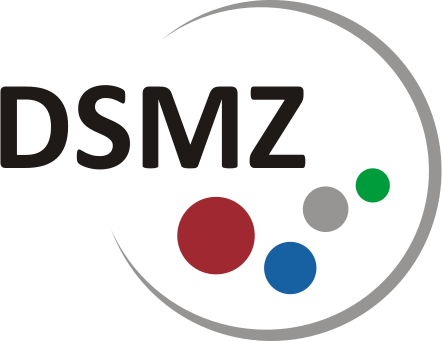
The Leibniz Institute DSMZ – German Collection of Microorganisms and Cell Cultures GmbH is one of the largest biological resource centers worldwide. Its unique resource diversity, professional quality management, and extensive scientific service offerings make DSMZ a respected service provider for science, diagnostic laboratories, national reference centers, and industrial partners. DSMZ’s research focuses on microbial diversity, molecular mechanisms of biological interactions, and tumorigenesis.
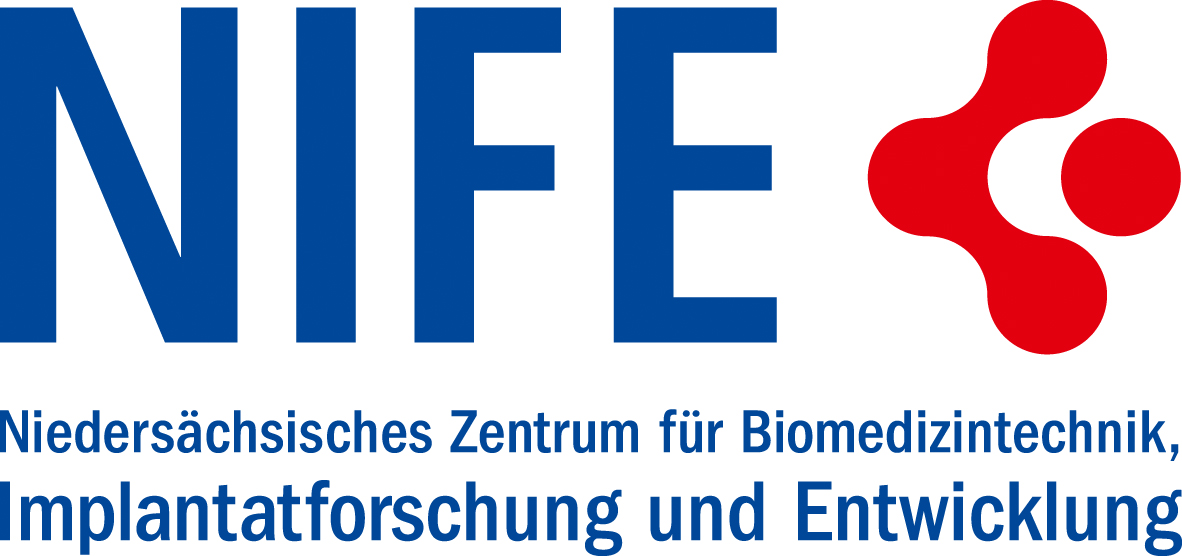
The Lower Saxony Centre for Biomedical Engineering, Implant Research and Development (NIFE) in Hannover bundles transdisciplinary research and development in the field of implant research. The diverse expertise and collaborations of the partner institutions working in biomedical engineering lead to the development of innovative, needs-oriented implants. Research groups from Hannover Medical School (MHH), the University of Veterinary Medicine Hannover (TiHo), Leibniz University Hannover (LUH), and the Laser Zentrum Hannover (LZH) are involved.
 Serum Life Science Europe
(formerly VPM) acquires promising biopharmaceutical drug candidates
from academic research, develops them with a consortium of partners, and
commercializes the results. Additionally, SLS Europe offers clients
customized consulting services for the development of their drug
candidates. Clients benefit from the SLS Europe team’s expertise in
translational project management, helping development projects reach
clinical testing faster, more cost-effectively, and with a higher chance
of success.
Serum Life Science Europe
(formerly VPM) acquires promising biopharmaceutical drug candidates
from academic research, develops them with a consortium of partners, and
commercializes the results. Additionally, SLS Europe offers clients
customized consulting services for the development of their drug
candidates. Clients benefit from the SLS Europe team’s expertise in
translational project management, helping development projects reach
clinical testing faster, more cost-effectively, and with a higher chance
of success. The Technische Universität Carolo-Wilhelmina zu Braunschweig (TU Braunschweig) is the oldest technical university in Germany. It combines the technical-mathematical knowledge of engineers with classical and molecular life sciences. In its research focus “Infections and Active Agents,” TU Braunschweig brings together basic research in this field – from systems biology to pharmaceutical process engineering – in close collaboration with local and regional partners.
The Technische Universität Carolo-Wilhelmina zu Braunschweig (TU Braunschweig) is the oldest technical university in Germany. It combines the technical-mathematical knowledge of engineers with classical and molecular life sciences. In its research focus “Infections and Active Agents,” TU Braunschweig brings together basic research in this field – from systems biology to pharmaceutical process engineering – in close collaboration with local and regional partners. The University Medical Center Göttingen (UMG) combines
The University Medical Center Göttingen (UMG) combines
the Faculty of Medicine and the University Hospital under one roof. Together with the University of Göttingen, it has been a foundation university since 2003. As the only maximum-care provider in southern Lower Saxony, UMG focuses on three clinical and research priorities: neuroscience, cardiovascular diseases, and oncology. These priorities reflect the most prevalent disease entities in the population and thus the medical need. UMG emphasizes translational research at the interface of basic science and clinical application. Cross-cutting themes include molecular biosciences and medical data sciences.
 The Helmholtz Centre for Infection Research (HZI)
The Helmholtz Centre for Infection Research (HZI)
conducts its work within the interdisciplinary Helmholtz Program “Infection Research,” which focuses on “Bacterial and Viral Pathogens,” “Immune Response and Interventions,” and “Anti-Infectives.” The program emphasizes antibiotic resistance, chronic and emerging viral infections, immune interventions, and infection epidemiology, aiming to develop new strategies for early detection, prevention, and treatment of infectious diseases. In collaboration with partners, HZI operates centers at other locations in the fields of clinical research (TWINCORE), drug and pharmaceutical research (HIPS), structural biology (CSSB), bioinformatics and systems biology (BRICS), and RNA biology (HIRI). A Center for Individualized Infection Medicine (CiiM) is currently being established with MHH. Hannover Medical School (MHH)
is a globally renowned institution in the fields of organ and stem cell
transplantation and is Germany’s largest transplant center. Few other
university hospitals in Germany treat patients with such severe
illnesses. Moreover, MHH is the most research-intensive university
medical institution in Germany. Its research priorities include
transplantation and regenerative medicine, infection and immunity, as
well as biomedical engineering and implants. Medical staff ensures that
research and patient care are closely linked, so scientific findings
benefit patients quickly and effectively.
Hannover Medical School (MHH)
is a globally renowned institution in the fields of organ and stem cell
transplantation and is Germany’s largest transplant center. Few other
university hospitals in Germany treat patients with such severe
illnesses. Moreover, MHH is the most research-intensive university
medical institution in Germany. Its research priorities include
transplantation and regenerative medicine, infection and immunity, as
well as biomedical engineering and implants. Medical staff ensures that
research and patient care are closely linked, so scientific findings
benefit patients quickly and effectively.TWINCORE, the Centre for Experimental and Clinical Infection Research, is a joint institution of the Hannover Medical School (MHH) and the Helmholtz Centre for Infection Research (HZI) in Braunschweig. At TWINCORE in Hannover, researchers from various disciplines work side by side in infection research. The focus lies at the interface between basic science and clinical development – translational research.
The Physikalisch-Technische Bundesanstalt (PTB) is Germany’s national metrology institute, based in Braunschweig and Berlin. It ensures the reliability of measurements in science, industry, and society and represents the units of the International System of Units (SI) with the highest accuracy. Its research focuses on quantum technologies, time and frequency measurement, medical diagnostics, and industrial metrology, among other areas. As a federal institution within the portfolio of the BMWK, the PTB works closely with research institutions and industry partners to promote innovations based on metrology.
The University of Veterinary Medicine Hannover (TiHo) stands for decades of expertise in veterinary medicine. It is the only independent veterinary training institution in Germany, combining science with academic tradition. Research at TiHo means research on and for animals – and thus ultimately for humans. This is particularly evident in zoonosis research, where infection medicine for humans and animals intersects.
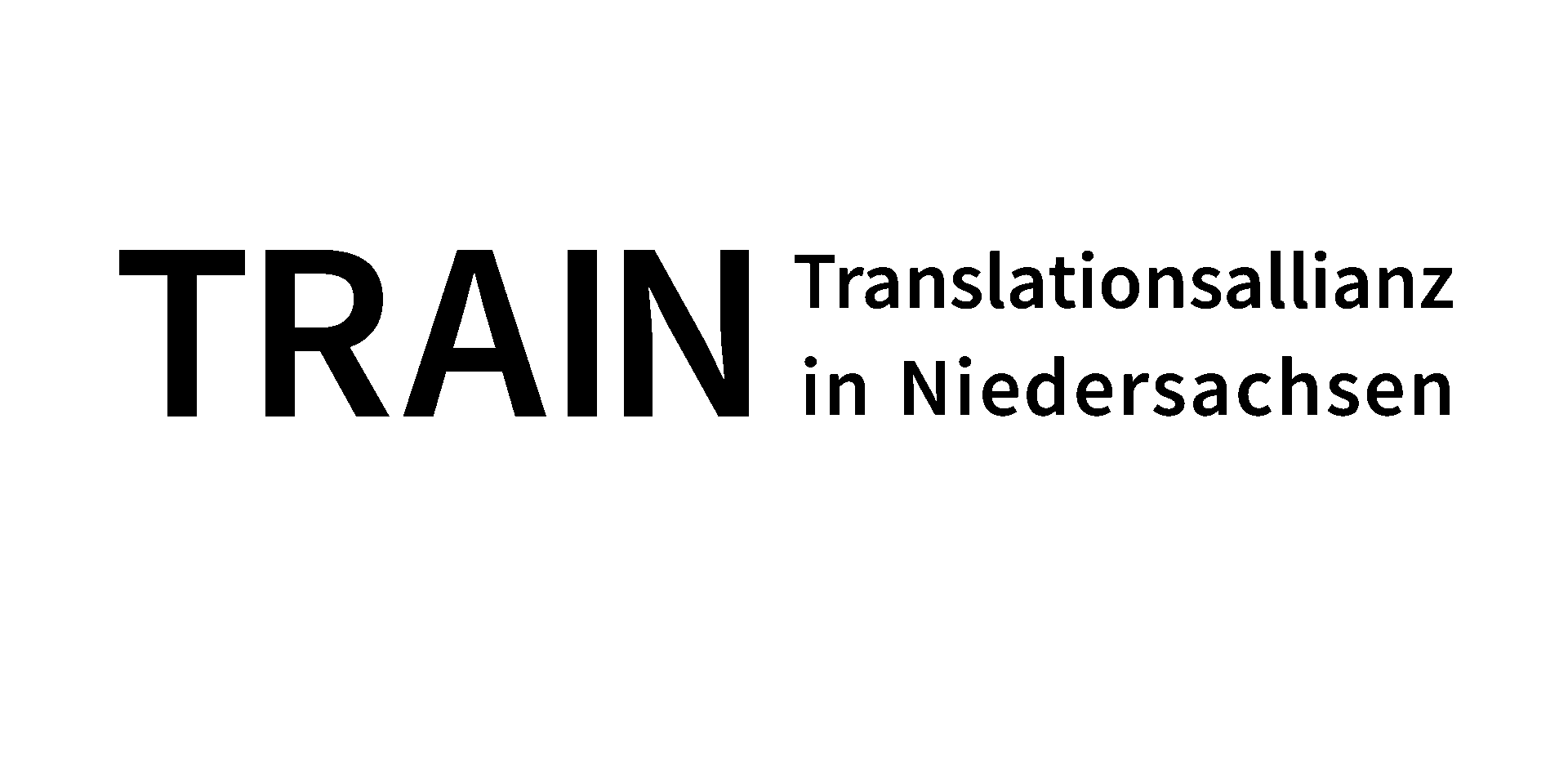
 TWINCORE, the Centre for Experimental and Clinical Infection Research,
is a joint institution of the Hannover Medical School (MHH) and the
Helmholtz Centre for Infection Research (HZI) in Braunschweig. At
TWINCORE in Hannover, researchers from various disciplines work side by
side in infection research. The focus lies at the interface between
basic science and clinical development – translational research.
TWINCORE, the Centre for Experimental and Clinical Infection Research,
is a joint institution of the Hannover Medical School (MHH) and the
Helmholtz Centre for Infection Research (HZI) in Braunschweig. At
TWINCORE in Hannover, researchers from various disciplines work side by
side in infection research. The focus lies at the interface between
basic science and clinical development – translational research.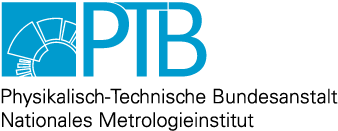 The Physikalisch-Technische Bundesanstalt (PTB)
is Germany’s national metrology institute, based in Braunschweig and
Berlin. It ensures the reliability of measurements in science, industry,
and society and represents the units of the International System of
Units (SI) with the highest accuracy. Its research focuses on quantum
technologies, time and frequency measurement, medical diagnostics, and
industrial metrology, among other areas. As a federal institution within
the portfolio of the BMWK, the PTB works closely with research
institutions and industry partners to promote innovations based on
metrology.
The Physikalisch-Technische Bundesanstalt (PTB)
is Germany’s national metrology institute, based in Braunschweig and
Berlin. It ensures the reliability of measurements in science, industry,
and society and represents the units of the International System of
Units (SI) with the highest accuracy. Its research focuses on quantum
technologies, time and frequency measurement, medical diagnostics, and
industrial metrology, among other areas. As a federal institution within
the portfolio of the BMWK, the PTB works closely with research
institutions and industry partners to promote innovations based on
metrology.